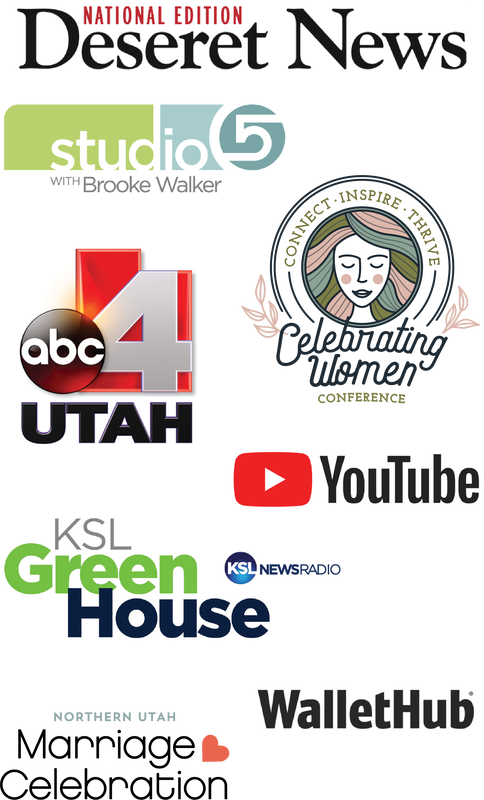|
Andrea Schmutz, USU Extension Assistant Professor  Has anyone ever told you to “beware of the camel’s nose”? Just the other day, as I was telling my teenage son about a situation and how I was planning to handle it, he looked at me and said very seriously, “Be careful mom, you’re letting the camel’s nose in the tent. Are you sure you want to do that?” His comment caught me off guard but his wisdom caused me to rethink my plan. He was referencing one of my favorite fables with a universal message that can be applied to almost any situation. As I pondered his response, I suddenly realized that the camel provides a great analogy for budgeting and spending habits, especially as we enter the winter holiday season. In case you are not familiar with the story about the camel in the tent, or if it’s been a while since you’ve heard it, let me share it with you. As with any fable, there are many versions, but this one is my favorite: A traveler and his camel were traversing the desert sand dunes when a wind storm arose. The traveler quickly set up his tent, went inside and closed the flaps to protect himself from the blowing sands of the raging storm. The camel was left outside, but soon found the driving sand unbearable as it pelted his body and irritated his eyes and nostrils. Finally, he begged the traveler to let him in the tent.
“There is not enough room,” said the traveler. “Maybe I could just put my nose inside so I can breathe air not filled with sand?” asked the camel. “Well, perhaps that’s okay,” replied the traveler, and he opened the flap a tiny bit and the long nose of the camel entered. How comfortable the camel was now! But soon the camel became weary of the smarting sand on his eyes and ears. “The wind-driven sand is like a rasp on my head. Could I put my head in?” Again, the traveler decided that the camel’s request would do him no damage, for the camel’s head would be in the space at the top of the tent which the traveler was not using. So the camel put his head inside and was satisfied again—but for a little while only. “Just my front legs,” begged the camel, and again the traveler relented and soon the camel’s front shoulders and legs were in the tent. Before long, after similar exchanges, the camel’s torso, his hind quarters and all were in the tent. But now it was too crowded, and the camel kicked the traveler out into the wind and storm. The moral of the story: Be careful about allowing even small exceptions or malpractices because they may grow bigger over time. So what does this have to do with finances? Think of the tent and the traveler as your budget or spending plan and the camel as financial temptations that arise. Each time we stray from our plan or make an exception, it’s like letting the camel’s nose in the tent. If we are not careful, one thing builds on another and pretty soon we may find the whole camel in our tent. In other words, we may find ourselves losing sight of our financial goals, accumulating unintentional debt, creating stress within our family, and facing a myriad of other challenges that arise in times of financial discord. As we enter the winter holiday season, there are some precautions we can take to keep the camel out of the tent and avoid the stress of overspending:
As you welcome the approaching winter holidays, keep the story of the camel and the tent in mind and occasionally ask yourself if you are letting the camel’s nose inside. Let it be a sneaky way to remind yourself to stick to your spending plan so you can enjoy the season! Parting thought: Small things, done consistently, add up to big things in the long run. -Laura Vanderkam
0 Comments
Your comment will be posted after it is approved.
Leave a Reply. |
TAKE A FREE CLASS!Host a ClassamandaSharing real-life money smarts to help you stay on track with financial goals while still enjoying life! Follow the fun on InstagramAS SEEN ONawardsBest of State 2022 & 2023: Personal Finance Education
1st Place National Award in Social Media Education from the National Extension Association of Family and Consumer Sciences
Gold Award in Blog Site category at the 7th annual Education Digital Marketing Awards.
Platinum Award in Digital Media, Web Design category at the International Marketing and Communication Awards.
Categories
All
|








